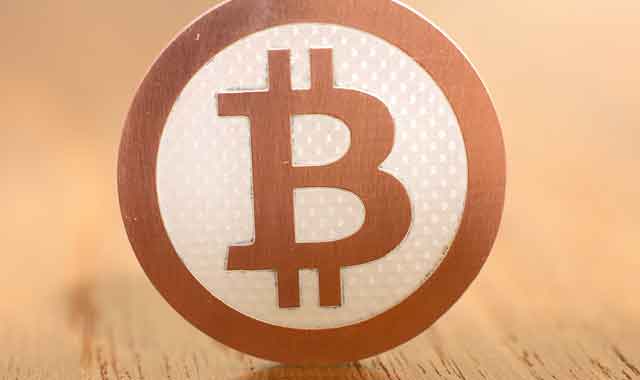
Demand for cryptocurrency bitcoin has soared in the past week, with prices surging just over 20% on South African-linked exchange BitX.
The price of a bitcoin on BitX has risen from R7 443 at 2pm on 26 May to R8 998 at 10am on June 2.
South African-founded but Singapore-headquartered BitX offers a bitcoin wallet service that allows users to buy and sell bitcoins.
BitX also operates exchanges for the cryptocurrency in several countries, including South Africa, Malaysia, Singapore, Nigeria and Indonesia.
Business development lead at BitX, Werner van Rooyen, said this week that bitcoin — like any other product, currency or commodity — is driven by demand and supply.
“On the demand side, there has been a large increase in bitcoin transactions on the Chinese yuan-denominated bitcoin exchanges over the past few days, which has played a role in pushing up the price there,” said Van Rooyen
“When the price increases enough on one exchange, it soon starts pushing the price up on other exchanges around the world as people start to arbitrage, including South Africa,” said Van Rooyen.
Van Rooyen further outlined two trends affecting bitcoin prices over the past few weeks.
The first centres on bitcoin’s blockchain technology — the cryptocurrency’s public ledger, which confirms and shares batches of transactions.
“Some financial institutions are starting to realise that the application of ‘blockchain technology’ is quite limited, so they are starting to look into bitcoin again,” Van Rooyen said.
He also pointed to “more demand from investment institutions and private wealth managers wanting to buy and hold bitcoin as part of their portfolio or for their clients”.
“Generally speaking, cryptocurrencies and blockchain technologies are becoming more mainstream and better understood, not just by banks and governments, but increasingly by investors, businesses and consumers.”
Another key supply factor affecting bitcoin’s price is what is called the “halving” event, said Van Rooyen.
Computers on the cryptocurrency’s network that process transactions are “rewarded” for doing so in a process dubbed bitcoin mining.
At present, 25 bitcoins get released for every group of processed transactions known as blocks, but this process is set to be halved in July.
This is a process that has been built into bitcoin to control inflation and devaluation effects on the currency.
Bitcoin is only designed to have a maximum of 21m units, meaning that it is similar to limited supply commodities like gold.
The next halving event then is set to be bitcoin’s second such event since 2012.
“This will limit the supply of bitcoin being released into the network,” Van Rooyen said.
“Most people who buy bitcoin today believe that the price will be more tomorrow. This is often based not just on the many current advantages that bitcoin holds, but its future potential as a global payment system or store of value too,” Van Rooyen added.
Meanwhile, Van Rooyen could not disclose the exact user numbers for BitX but he said that the platform is performing “really well across all metrics” since its launch in 2013.
In July last year, Naspers initiated a US$4m funding round for BitX.
“We’re active in South Africa, Nigeria, Malaysia, Indonesia and Singapore, with more countries launching soon,” said Van Rooyen.




